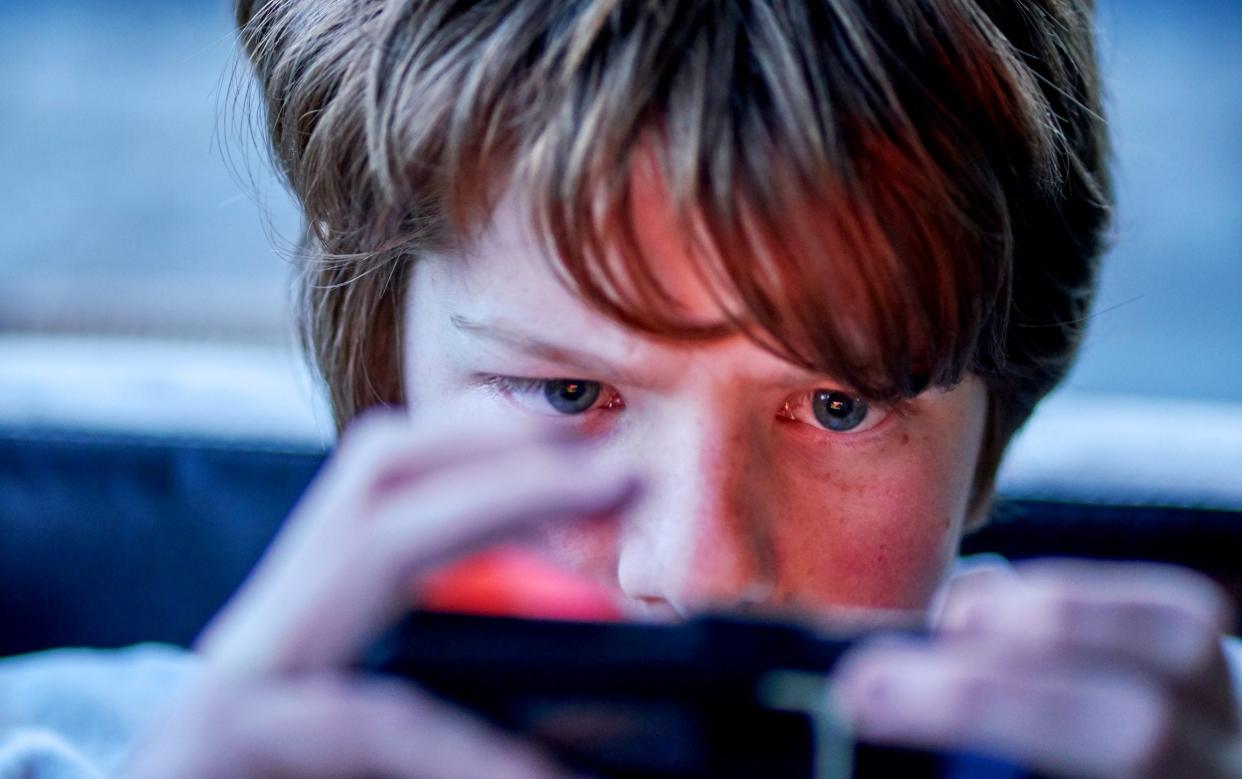Parents can sue over claims Fortnite deprived their children of sleep, food and showers

Canadian parents who say their children stopped sleeping, showering and eating to play Fortnite can sue its makers, after a judge approved their lawsuit and likened the game to tobacco.
Justice Sylvain Lussie from Quebec’s Superior Court approved a class-action brought by three parents who claim their children became so addicted to playing the game that they would forgo sleep, food and hygiene.
The popular online game, where players square off against each other in a fight for survival, has amassed more than 350 million players online.
One of the children played over 7,700 hours of the game in less than two years, the lawsuit said.
Children ‘developed behavioural issues’
The parents said all their children had developed behavioural issues as a result of spending time playing Fortnite.
The lawsuit described how one of the parents was driven to put a lock on their son’s computer to try to limit how much time he spent playing the game.
In court filings, the parents noted that the World Health Organisation recognised video game addiction in 2018.
Epic Games, the makers of Fortnite, has argued that video game addiction is not a recognised psychological disorder in Quebec or in the opinion of the American Psychiatric Association.
However, Justice Lussie found the lawsuit “does not appear frivolous or manifestly ill-founded” and ruled it could proceed.
He likened current understanding of video game addiction to early awareness of tobacco addiction.
‘There is a serious issue to be argued’
“The harmful effect of tobacco was not recognised or admitted overnight,” he said.
“The court concludes that there is a serious issue to be argued, supported by sufficient and specific allegations as to the existence of risks or even dangers arising from the use of Fortnite.”
The parents also argued Fortnite was deliberately developed to be “highly addictive”, but Justice Lussie refused to acknowledge that.
“The court finds that there is no evidence for these allegations of the deliberate creation of an addictive game,” he said.
He added: “This does not exclude the possibility that the game is in fact addictive and that its designer and distributor are presumed to know it.”
The judge ruled that players who live in Quebec and experienced symptoms of addiction after playing the Battle Royale edition of Fortnite since 1 September 2017 can join the legal action.
The lawsuit by the Quebec parents is against Epic Games and its Canadian subsidiary.
Natalie Muñoz, a spokesman for Fortnite, said: “We have industry-leading parental controls that empower parents to supervise their child’s digital experience. Parents can receive playtime reports that track the amount of time their child plays each week, and require parental permission before purchases are made, so that they can make the decisions that are right for their family.
“We plan to fight this in court. This recent decision only allows the case to proceed. We believe the evidence will show that this case is meritless.”

 Yahoo Movies
Yahoo Movies 
